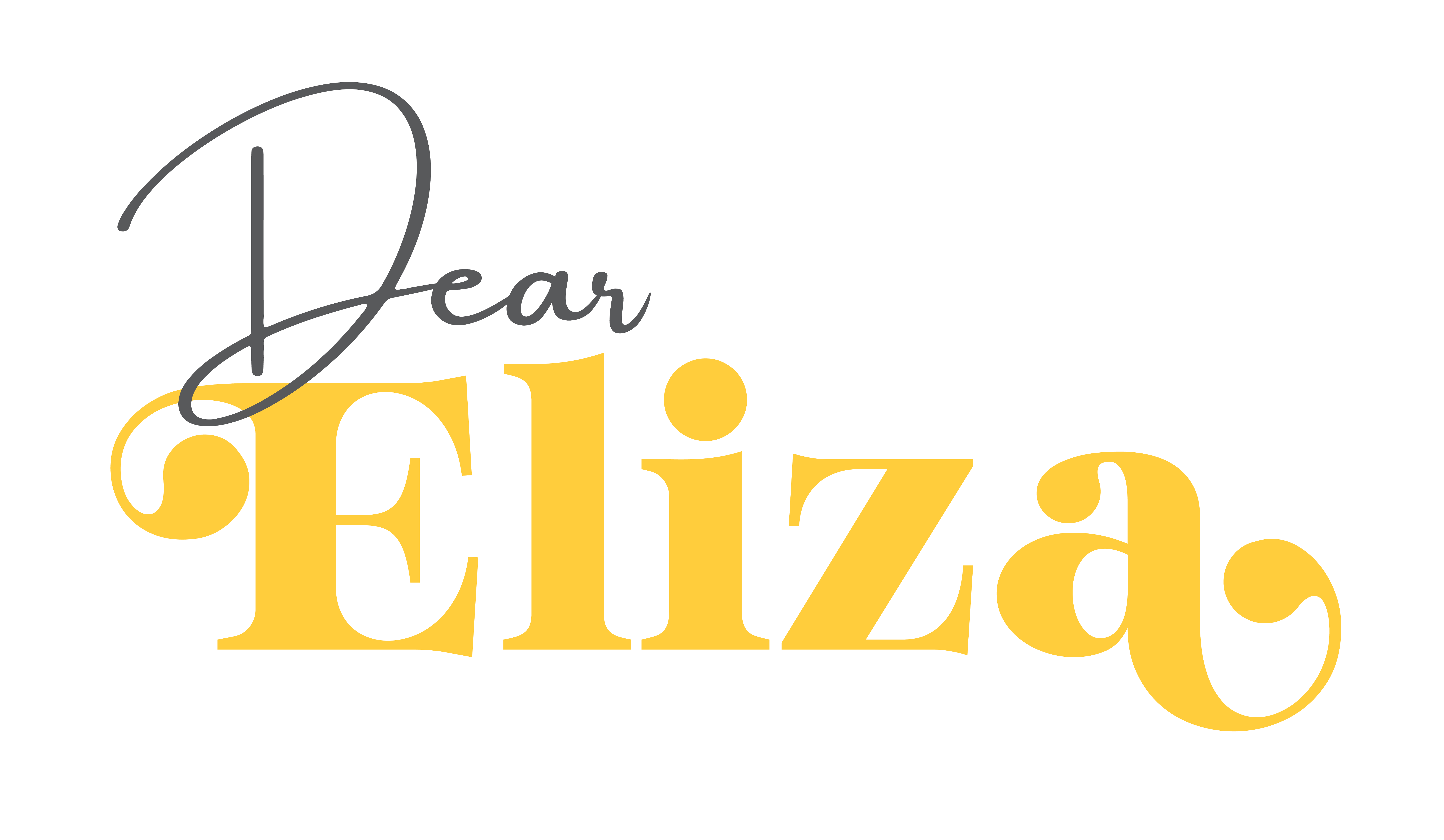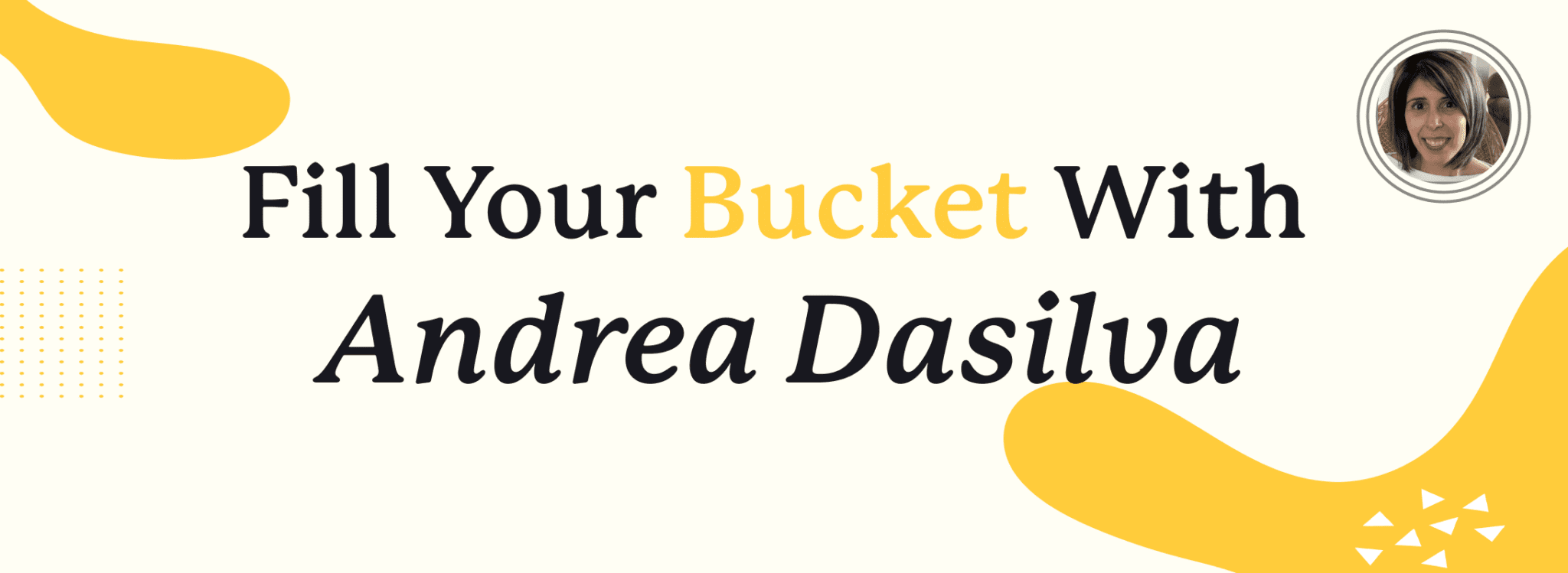Be honest: when was the last time that you wrapped your arms around yourself to offer yourself some much needed TLC during a tough time? Was the hug warm and supportive? Non judgmental and accepting? It has been a while, eh? You are not alone: in our society, It is common to want to offer support and a helping hand to others in distress (which is wonderful and empathic) but not so common to respond likewise when the person in distress is ourself. In fact, studies have shown that 75% of people report that they are significantly more compassionate with other people than they are with themselves (Neff, 2003). We often find ourselves trying to replenish the buckets of others before our own.
When we sit and cry with a friend in tears or offer support and kindness to a dear one in distress, we are offering them our compassion. We see them suffering (passion is the Latin word for suffering) and instinctively want to be there with them (com means with). This is beautiful! What if we added the little word “self:” to this equation: self compassion. What? Suffer with myself? What good would that do? A lot.
Self Compassion
Dr. Kristin Neff, a doctor in the field of moral development and pioneer of self compassion here in the west, has found that offering ourselves compassion during difficult times is both beneficial for our own mental and physical health as well as for those with whom we interact (2003). By ensuring that our own buckets are well filled with compassion, we are actually better able to help others refill their own.
Through research and her own experience, Dr. Neff has broken the process of self compassion down into three elements: self kindness, common humanity, and mindfulness.
Self Kindness
Though it may seem like it would be blatantly obvious for a person to see or feel their own suffering, this is actually quite difficult for some people. This makes sense: bring to mind how a lot of us have learned to respond to our own tough times – “turn that frown upside down!”, “get over it”, “just suck it up”. It is no wonder it is tricky to outwardly and openly acknowledge our own times of suffering! Although it might seem like being critical of ourselves could be a good motivator and get the fire burning under us to get us going (in the short term), it actually has the opposite effect (in the long term). After repeatedly kicking and ridiculing ourselves for “poor performance”, it is easy to get swept up in feeling helpless, not enough, or like throwing in the white towel and giving up.
By not trying to deny the inevitable or change the unchangeable, being self compassionate can actually help us to see ourselves clearly, accept downfalls, and gives rise to greater motivation and resilience. Threats and insults are not usually conducive to motivation and encouragement – validation and grounding acceptance are. Self compassion is not a sneaky way of shirking responsibility or the reality of impossibly difficult circumstances; rather, it connotes a dignified way of responding TO (not reacting against) such tough times with greater openness and kindness.
Common Humanity
When the perfectly orchestrated fashion we intend the events of our lives to follow blows up in our face or turns out in the exact opposite way, how often do we feel alone in our struggles and end up feeling like “this never happens to anyone else – it’s just me…”. “Woe is me…”. Somehow, we end up forgetting that every single person on the planet suffers in some way, shape, or form.
Self compassion helps us to re-consider all this isolation: it is common for all of humanity to have a blunder or two. We are not as alone as we think during times of struggle and hardship! Acknowledging the common humanity of suffering could help to shift perspective.
Mindfulness
Seeing our own situation from a larger vantage point (common humanity) and relating to it with warmth and self kindness help us to reframe events into a more balanced perspective that is in line with the present moment. Observing thoughts and feelings as they are, without trying to “perfect” them in some way and being open to and accepting of what is here now characterizes mindfulness. Instead of getting swept away by and internalizing intense thoughts and emotions, mindful awareness helps us to acknowledge what is here now (even if we do not really like it….) and to just observe how it changes, what we are experiencing, etc. Without trying to make massive changes, we just observe. We learn to ride the waves.
A Gift To You From You
Taken together, treating yourself with kindness and support, recognizing the humanness of suffering, and observing, rather than trying to alter or deny the presence of unexpected thoughts and emotions constitutes self compassion. Treating yourself like you would treat a good friend. Easier said than done? Maybe. Self compassion is a skill and like any other skill, it requires practice. Not all practice is overly burdensome or overwhelming – try dropping out of the mind and into the body…
The body naturally responds to feelings of comfort and safety: it has been found that the body releases oxytocin (a natural hormone associated with love, belonging, and feeling good) in response to tender touch. Think of a mother or father cradling their child in their arms while speaking in soft and soothing tones. More often than not, this has the effect of calming or settling discomfort in the child. Guess what?! We can stimulate the release of oxytocin in our own bodies in the very same way: with a self hug! Although the mind might react to this or consider it to be somehow pathetic, our arms do not have their own brains. As such, the body simply responds to the gentle caress with the release of oxytocin! Going further, if this hug is paired with physical warmth (a warm sweater or sup of coffee), smooth touch (a soft blanket), and soothing vocalizations, the self compassion network in the brain can be further activated! No special equipment or magic formulas needed! Just your body and your genuine wamth and care.
We do not give ourselves self compassion in order to feel better but rather because we feel bad (Brown & Neff, 2016): It is truly a gift to you from you – right when you need it most!





